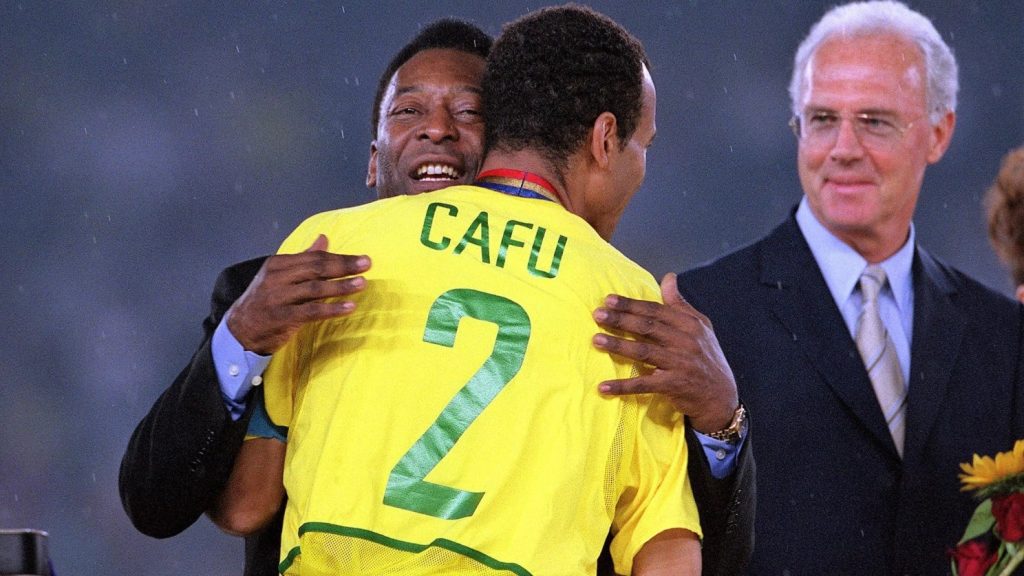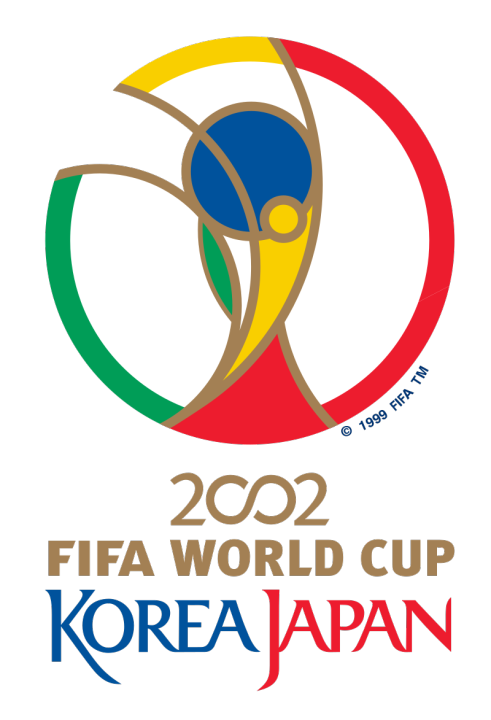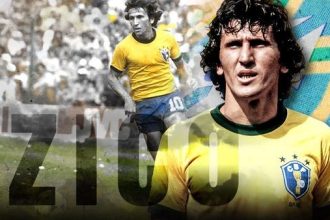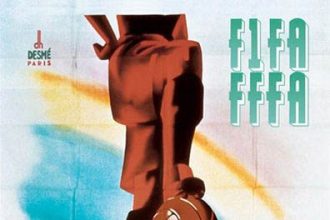The 2002 FIFA World Cup held in South Korea and Japan captivated football fans worldwide with its thrilling matches, unexpected upsets, and extraordinary performances. This article explores the highlights of the 2002 World Cup and the memorable moments that defined the tournament.
The decision to host the World Cup jointly in South Korea and Japan marked a historic milestone as it was the first time the tournament took place in Asia. The two countries’ vibrant cultures, passionate fans, and state-of-the-art stadiums created an electrifying atmosphere throughout the event, showcasing the global appeal of football.

Teams:
Belgium, Croatia, Denmark, England, France, Germany, Italy, Poland, Portugal, Republic of Ireland, Russia, Slovenia, Spain, Sweden, Turkey Costa Rica, Mexico, United States, Argentina, Brazil, Ecuador, Paraguay, Uruguay, China, Japan(co-hosts), Saudi Arabia, South Korea(co-hosts), Cameroon, Nigeria, Senegal, South Africa, Tunisia.
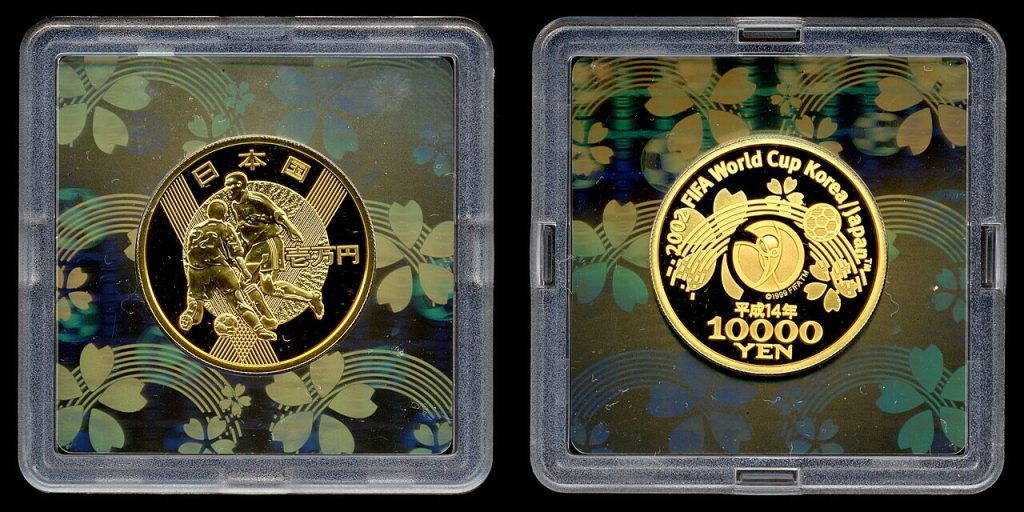
The official mascot of this World Cup was “Ato, Kaz, and Nik” (The Spheriks), orange, purple, and blue (respectively) futuristic, computer-generated creatures. Collectively, members of a team of “Atmosball” (a fictional football-like sport), Ato is the coach while Kaz and Nik are players. The three individual names were selected from shortlists by users on the Internet and at McDonald’s outlets in the host countries.
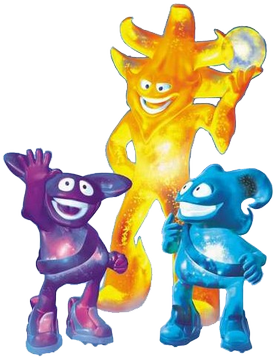
The Adidas Fevernova is a football manufactured by the German corporation Adidas. It was the official match ball of the 2002 FIFA World Cup held in South Korea and Japan and the 2003 FIFA Women’s World Cup held in the United States. Its styling marked a departure from the traditional Tango ball design.
The ball was composed of 11 layers and was 3 mm thick, including a special foam layer with a gas-filled balloon embedded in a syntactic foram. The outer cover was made from a combination of polyurethane and rubber
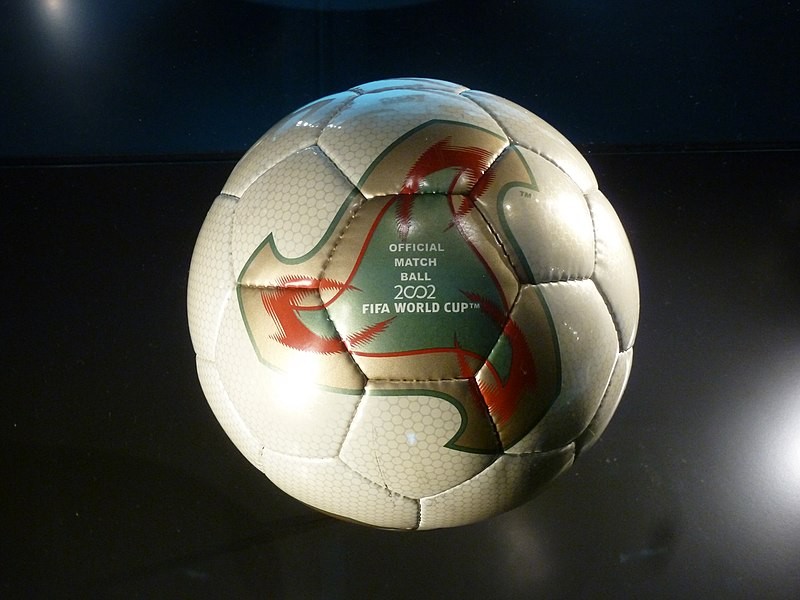
The 2002 World Cup was full of surprises and underdog triumphs that stunned the footballing world. Established football powerhouses, including Argentina, Italy, and Portugal, faced unexpected early exits, while teams like Senegal, Turkey, and South Korea captured the hearts of fans with their impressive performances and surprising run deep into the tournament.
Turkey and South Korea emerged as the tournament’s surprise packages, defying all odds and showcasing their footballing prowess. Turkey’s remarkable journey included victories over Japan, Senegal, and South Korea, leading them to a third-place finish. South Korea, fueled by home support, reached the semi-finals, defeating Italy and Spain in thrilling fashion before narrowly losing to Germany in a memorable match.

There was much controversy over the refereeing in the tournament. Questionable decisions in the match between Italy and South Korea resulted in 400,000 complaints and featured in ESPN’s 10 most fabled World Cup controversies. The match between Spain and South Korea featured two controversially disallowed Spanish goals, which Iván Helguera referred to as “a robbery” and led to the Spanish press brandishing the officials as “thieves of dreams”, though FIFA dismissed the incident as human error.
One of the standout stories of the 2002 World Cup was the redemption of Ronaldo, the Brazilian striker. After enduring a disappointing tournament in 1998 due to injury, Ronaldo returned with a vengeance, leading the Brazilian team with his exceptional goal-scoring prowess. With crucial goals in the knockout stages, including both goals in the final against Germany, Ronaldo played a pivotal role in securing Brazil’s fifth World Cup title.
The tournament had several surprise results, which included the defending champions France being eliminated in the group stage after earning a single point without scoring a goal and second favorites Argentina also being eliminated in the group stage.
Round of 16
In the round of 16, Germany beat Paraguay 1–0 with a late goal by Oliver Neuville in Seogwipo. England defeated Denmark in Niigata 3–0, with all goals occurring in the first half of the game. Sweden and Senegal faced off in Ōita and finished 1–1 in regular time and it took a golden goal from Henri Camara in extra time to settle the game for Senegal 2–1, which lead to Senegal becoming only the second African team to reach the last eight (after Cameroon in 1990). Spain and the Republic of Ireland played in Suwon, where Spain led most of the match 1–0 until a late penalty kick scored by Robbie Keane made the match go to extra time, where Spain emerged victorious in a penalty shoot-out. The United States beat CONCACAF rivals Mexico 2–0 in Jeonju with Brian McBride and Landon Donovan scoring the goals. Brazil defeated Belgium 2–0 in Kobe, with an amazing volley by Rivaldo and a splendid counter-attack goal by Ronaldo. Turkey ended co-hosts Japan’s run with a 1–0 win in Miyagi, thanks to an Ümit Davala goal in the 12th minute. The other co-hosts, South Korea, defeated Italy 2–1 in extra time in Daejeon with a goal by Ahn Jung-hwan in the 117th minute. South Korea’s win ensured that, for the very first time in the Cup’s history, teams from five continents – Europe, North America, South America, Africa, and Asia – reached the quarter-finals of the same tournament.
Quarter-finals
In the quarter-finals, England and Brazil squared off in Shizuoka, where Ronaldinho scored a free-kick goal over England’s David Seaman early in the second half as Brazil won 2–1. The United States lost to Germany 1–0 in Ulsan by a Michael Ballack goal in the 39th minute, but controversy surrounded the game when the United States demanded the referee give a penalty for a goal-line handball by Torsten Frings in the 49th minute, but the referee did not award the penalty. South Korea got another success in Gwangju in a controversial manner, overcoming Spain 5–3 on penalties after a 0–0 draw in which the Spaniards twice thought they had scored while onside; however, the efforts were disallowed by the referee with controversial decisions. While the decisions were marginal, in both incidents the Korean players stopped playing after seeing the flag raised, allowing the goals to be scored. The hosts became the first team in the Asian Football Confederation to reach the semi-finals of the World Cup, eclipsing the record of their North Korean counterparts who reached the quarter-finals in 1966. They also became the first World Cup semi-final team not from UEFA or CONMEBOL since the United States did it in the first World Cup in 1930. Turkey defeated Senegal 1–0 in Osaka, with a golden goal scored by İlhan Mansız in the 94th minute.
Semi-finals
The semi-finals saw 1–0 games; the first semi-final, played in Seoul, saw Michael Ballack’s goal suffice for Germany to eliminate South Korea. However, Ballack had already received a yellow card during the match before, which forced him to miss the final based on accumulated yellow cards. The next day in Saitama saw Ronaldo score a goal early in the second half, his sixth of the competition for Brazil, to defeat Turkey in a replay of their Group C encounter.
Third place play-off
In the third-place match in Daegu, Turkey beat the South Koreans 3–2, their first goal coming from Hakan Şükür straight from the opening kick-off (even though South Korea kicked off) in 10.8 seconds, the fastest-ever goal in World Cup history.
Final
In the final match held in Yokohama, Japan, two goals from Ronaldo secured the World Cup for Brazil as they claimed victory over Germany. Ronaldo scored twice in the second half and, after the game, won the Golden Shoe award for the tournament’s leading scorer with eight goals. This was the fifth time Brazil had won the World Cup, cementing its status as the most successful national team in the history of the competition. Brazil became the only team since Argentina in 1986 to win the trophy without needing to win a penalty shoot-out at some stage during the knockout phase and the total number of penalty shoot-outs (2) was the lowest since the four-round knockout format was introduced in 1986. Brazil also became the first team to win every match at a World Cup since 1970 and set a new record for the highest aggregate goal difference (+14) for a World Cup winner. Brazil’s captain Cafu, and Ronaldo who became the first players to appear in three successive World Cup finals, accepted the trophy on behalf of the team.
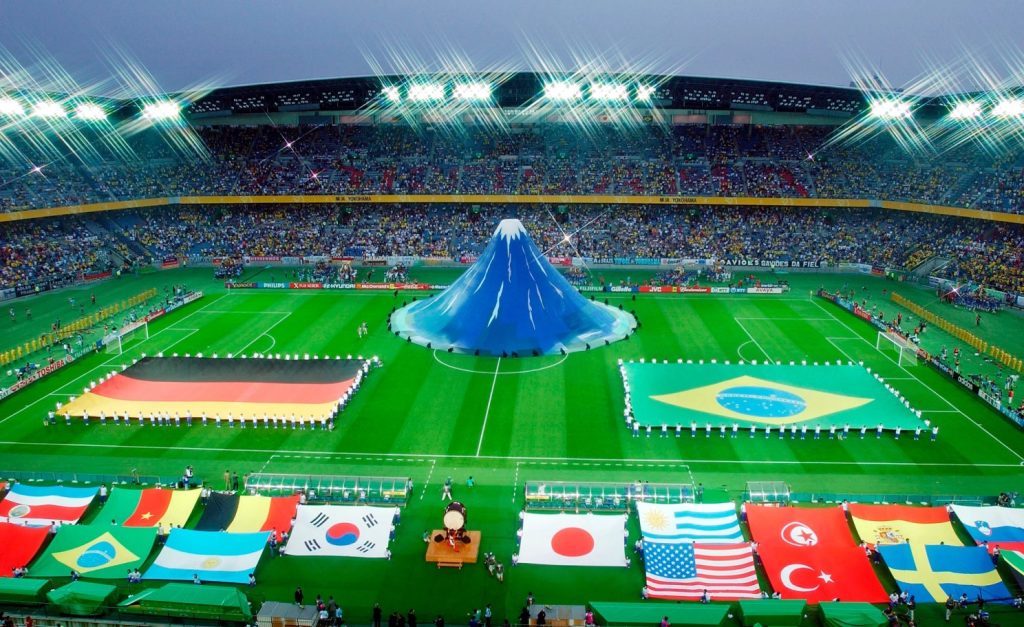

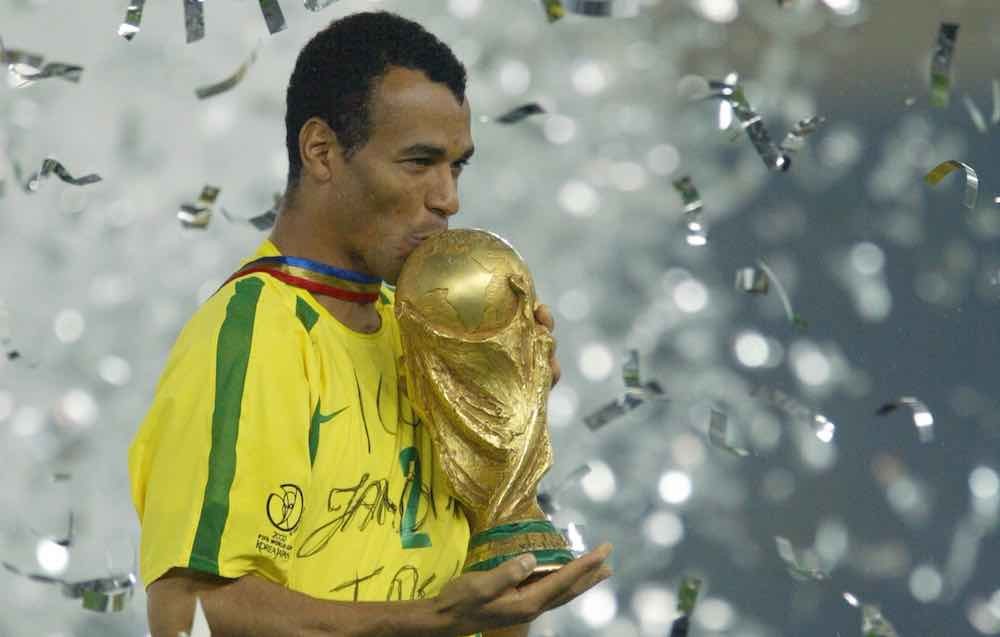
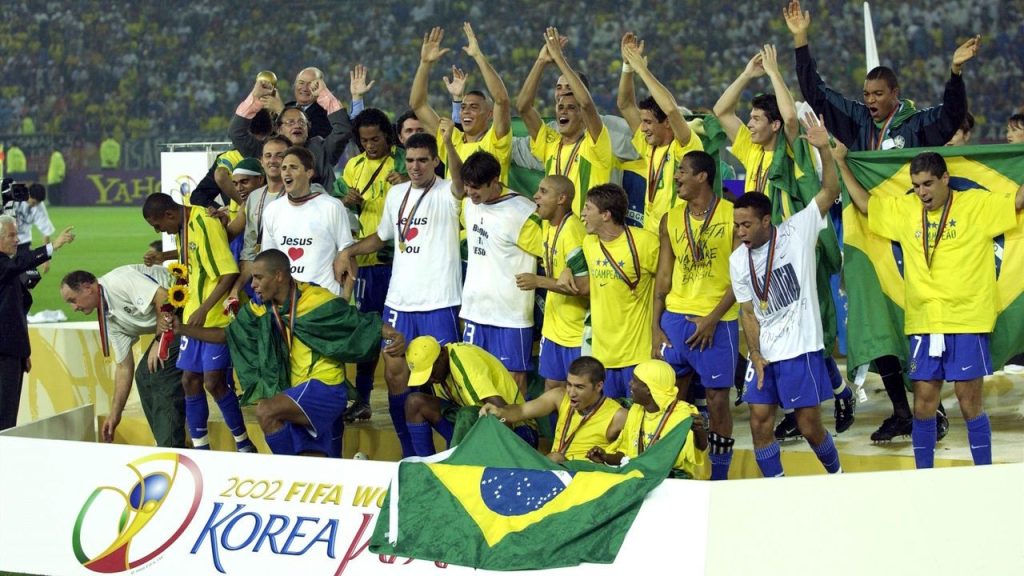
The 2002 World Cup left a lasting legacy on the footballing landscape. It showcased the global appeal and growth of the sport, particularly in Asia, and demonstrated the ability of underdog teams to challenge established football powers. The tournament also highlighted the importance of teamwork, resilience, and the unpredictable nature of football, captivating fans worldwide.
The 2002 FIFA World Cup in South Korea and Japan will forever be remembered as a tournament of surprises, triumphs, and exceptional footballing moments. From underdog teams making their mark to the redemption of a football icon, the tournament captivated the world with its dramatic matches and unforgettable performances. The 2002 World Cup will be cherished as a testament to the beautiful game’s global reach, showcasing the unifying power of football and the sheer joy it brings to fans across continents.
